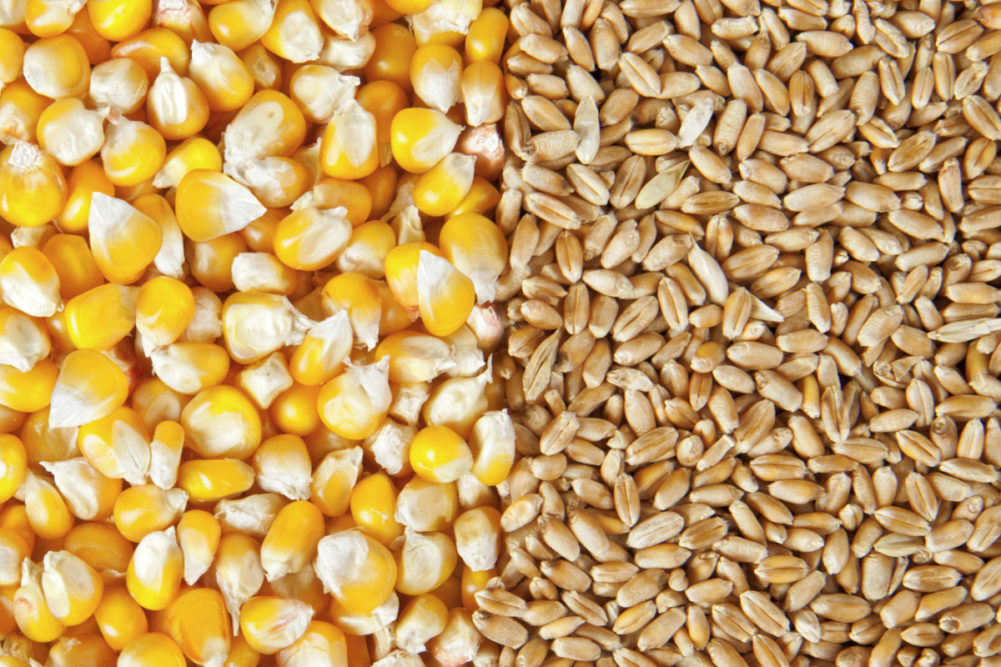LAGOS, NIGERIA — Nigeria will continue to rely on grain imports for food security as the country is challenged with coronavirus (COVID-19) restrictions, currency devaluation and climate change, according to a Global Agricultural Information Network (GAIN) report from the US Department of Agriculture (USDA).
Domestic wheat production is forecast to fall 8% to 55,000 tonnes in the 2020-21 marketing year. In Nigeria, farmers do not live on wheat farms and wheat is usually planted in November and harvested in April.
The COVID-19 lockdown across Nigeria that began on March 30, 2020, restricted access to wheat farms and in turn resulted in higher post-harvest losses, the USDA said.
Wheat imports are expected to total 4.9 million tonnes in the 2020-21 marketing year. The Nigerian government’s restrictions on wheat continues to add increasing cost of flour, rising food prices and reduce consumption of bread and wheat flour-based products, the USDA noted.
COVID-19 lockdown measures also hampered Nigeria’s productivity in corn output. The USDA expects the country’s market year 2020-21 corn production to decline 13% to 9 million tonnes. Imports for the commodity are forecast to jump to 500,000 tonnes and decreased supply, currency devaluation and flooding events are expected to pressure the government to import more during the 2020-21 marketing year.
According to the Nigerian poultry industry, it would need to import 5.6 million tonnes of corn to meet the feed demand in the 2020-21 marketing year. The USDA said Nigeria is challenged by lack of storage capacity and import suspension put in place in July 2020. The USDA’s current corn import forecast is based on the approved import volume.
Rice production is expected to total 7.8 million tonnes in the 2020-21 marketing year, a 3% dip compared with the previous year. COVID-19 measures restricted access to rice farms during the March-April planting period. Nigeria’s rice exports are expected to increase slightly for the 2020-21 marketing year to 1.75 million tonnes, which compared with 1.2 million tonnes exported in 2019-20.






